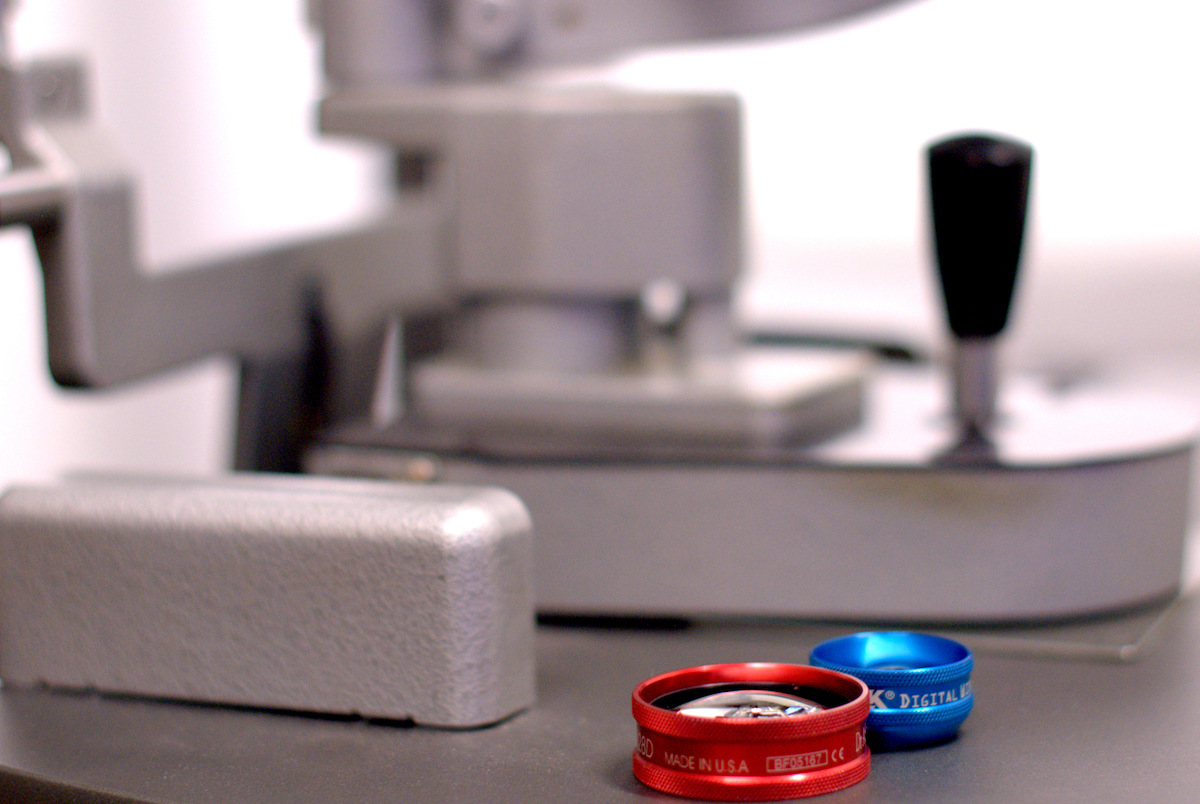What are Dry Eyes?
Dry eyes are characterised by insufficient tears. Tears keep the eye moist and stop them drying out. Every time you blink a thin film of tears is swept across the surface of your eye.
If you suffer from dry eyes you do not have enough tears to keep your eye comfortable. This may mean you do not produce enough tears to keep the eye surface moist, or the tears do not stay on your eye long enough.
Dry eye can affect anyone at any age, but it is more common as you get older because you produce a smaller amount of tears. Some health conditions and medications can trigger dry eye. Dry eye is particularly common in postmenopausal women and people with arthritis.
Sufferers find it difficult to wear contact lenses and have discomfort in air-conditioned environments. There is no cure for dry eye, but its symptoms can be alleviated.

What are the symptoms?
- Redness
- Itchiness
- Gritty feeling
- Light sensitivity
- Stinging/burning sensation
- A feeling of sand in the eye
- Occasional blurring of vision
What causes dry eyes?
Dry eyes are caused by a drying out of the tear film. This can be due to:
- Natural ageing process
- Menopause
- Environment (dry air, wind)
- Infrequent or incomplete blinking
- Extended periods of time in front of a computer screen
- Medical conditions (Sjogren’s syndrome, Rheumatoid Arthritis and collagen vascular diseases)
- Medications (oral contraceptives, antidepressants, antihistamines, diuretics and beta blockers)
- Irritants (cigarette smoke, dust, chemical exposure)
How can dry eyes be treated?
Treatment aims to increase tear production, maintain tear film or prevent excess loss of tears. There are a range of different options, including artificial tear-drops and ointments.
Artificial tear-drops are available over the counter. You might have to experiment to find the drop that works for you. If you have chronic dry eye, it is important to use the drops even when your eyes feel fine, to keep them lubricated. If your eyes dry out while you sleep, you can use a thicker lubricant, such as an ointment or gel, at night.
What can I do to help myself?
Try to blink more, especially when working on a computer.
Consult your doctor about side effects of medications you take.
Special plugs can be inserted into the tear ducts to prevent excessive loss of tears.
In severe cases, surgery may be considered
If left untreated some complications include:
- Discomfort of your eyes
- Intermittent fluctuations of your vision
- Damage to the front surface of the eye (cornea)

